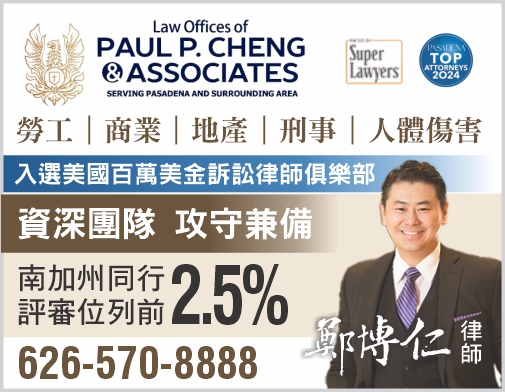DEBTOR OBJECTIONS TO CREDITOR CLAIMS IN CHAPTER 13 MUST HAVE LEGAL BASIS
Creditors of debtors who file for Chapter 13 bankruptcy relief have 90 days from the initial 341 A meeting of creditors to file their proof of claims. The 90 day deadline is called the claims bar date. A claim is defined by Section 101(5) of the bankruptcy code as any claim for money owed or breach of contract. Debtor has the right to object to a proof of claim. An objection to the proof of claim must be filed, asserting the reasons for the objection, served on the creditor, and a hearing on the objection is set. The court may decide to sustain or overrule the objection at the hearing. If the objection is sustained, the claim is not paid by the plan. If the creditor does not respond to the objection, the court normally sustains the objection, unless the objection is frivolous.
A debtor who objects to a proof of claim without legal basis may be seen as manipulating and abusing the bankruptcy system. A legal basis for objecting is an argument that is strong enough to defeat the claim. For example, if creditor’s proof of claim is based on a credit card that was previously discharged in a Chapter 7 case, a legal basis for objecting to that claim is that the claim is based on a discharged debt therefore no longer collectible. Another legal basis is the statute of limitations. If the proof of claim is based on a debt whose last payment was made more than 4 years ago, the objection will be based on the legal argument that the statute of limitations has lapsed, therefore the claim is no longer enforceable.
In Re Davis, the bankruptcy court revoked confirmation of a Chapter 13 debtor’s plan after discovering that the debtor used plan confirmation as part of a scheme to avoid paying her credit card debts. After confirming a plan that provided for full payment of her credit card debt, debtor objected to every unsecured claim alleging that the creditor failed to attach sufficient documentation. The court overruled all the objections. “This is a case about an affluent debtor who sought to manipulate bankruptcy procedures to accomplish what the Code prohibits-the elimination of all of her credit card debts despite her obvious ability to repay those debts over time,” the court said. “Here, the debtor obtained confirmation of her Chapter 13 plan by representing that she intended to pay all of her unsecured creditors in full. The court relied on this representation in finding that the debtor had filed her petition and her reorganization plan in good faith. The DEBTOR HOWEVER INTENDED TO SEEK DISALLOWANCE OF EVERY SINGLE CLAIM FILED IN HER CASE BASED ON NON-SUBSTANTIVE OBJECTIONS TO THEIR CLAIMS. The Court finds that the conduct of the debtor and her counsel throughout this case established that they have acted in bad faith and abused the bankruptcy process…”
The debtor was a sales manager with a gross monthly income of $10,428, net monthly income of $7,424, and monthly disposable income of $3,924. She owned a home with significant equity, and was current on her mortgage payments. She drove a newer BMW325, which was fully paid. She filed her Chapter 13 case to resolve credit card accounts of about $81,000 but she said that EACH DEBT WAS DISPUTED. She estimated that her total credit card debt was $150,000 and the court confirmed a monthly payment of $3,190 for 60 months. Twelve creditors timely filed proofs of claim which totaled $147,400. Debtor objected to all 12 claims, raising the same objection regardless of the identity of the creditor or the documents attached to the claim. Debtor withdrew her objections to several claims when creditor responded to her objections and sought defaults where creditor did not respond.
The court revoked her chapter 13 plan and said that “This approach of throwing it against the wall and seeing what sticks is precisely the sort of conduct Bankruptcy Rule 9011 seeks to counter.”
Lawrence Bautista Yang is a graduate of Georgetown University Law Center and has been in law practice for thirty years. He specializes in bankruptcy, business and civil litigation and has handled more than four thousand successful bankruptcy cases in California. He speaks Mandarin and Fujien and looks forward to discussing your case with you personally. Please call (626) 284-1142 for an appointment at 1000 S Fremont Ave Bldg A-1 Suite 1125 Unit 58 Alhambra, CA 91803.
图片翻摄自网路,版权归原作者所有。如有侵权请联系我们,我们将及时处理。
 點評
點評 微信
微信 微博
微博






